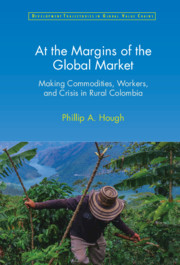The wave of labor unrest that accompanied Belarusian post-election protests had no precedents in the country's independent history or recent post-Soviet political protest mobilizations. These protests challenge the prevalent trend in the current literature on the post-Soviet working class to stress its weakness in terms of organization, as well as structural and material resources. This article relies on a database of workplace-related protest events (August 10–September 30) and a selection of statements, interviews, and social media discussions among participants of the protests, in order to explain this unexpected activation of the seemingly passive Belarusian working class. The author hypothesizes that it was the vagueness of the Belarusian opposition's ideology and workers’ participation in the broader protest movement that helped them overcome the challenges of suppressed voice, bureaucratic despotism, and atomization. These mobilizing factors, however, limit the further development of autonomous labor organizations and their democratizing impact.
